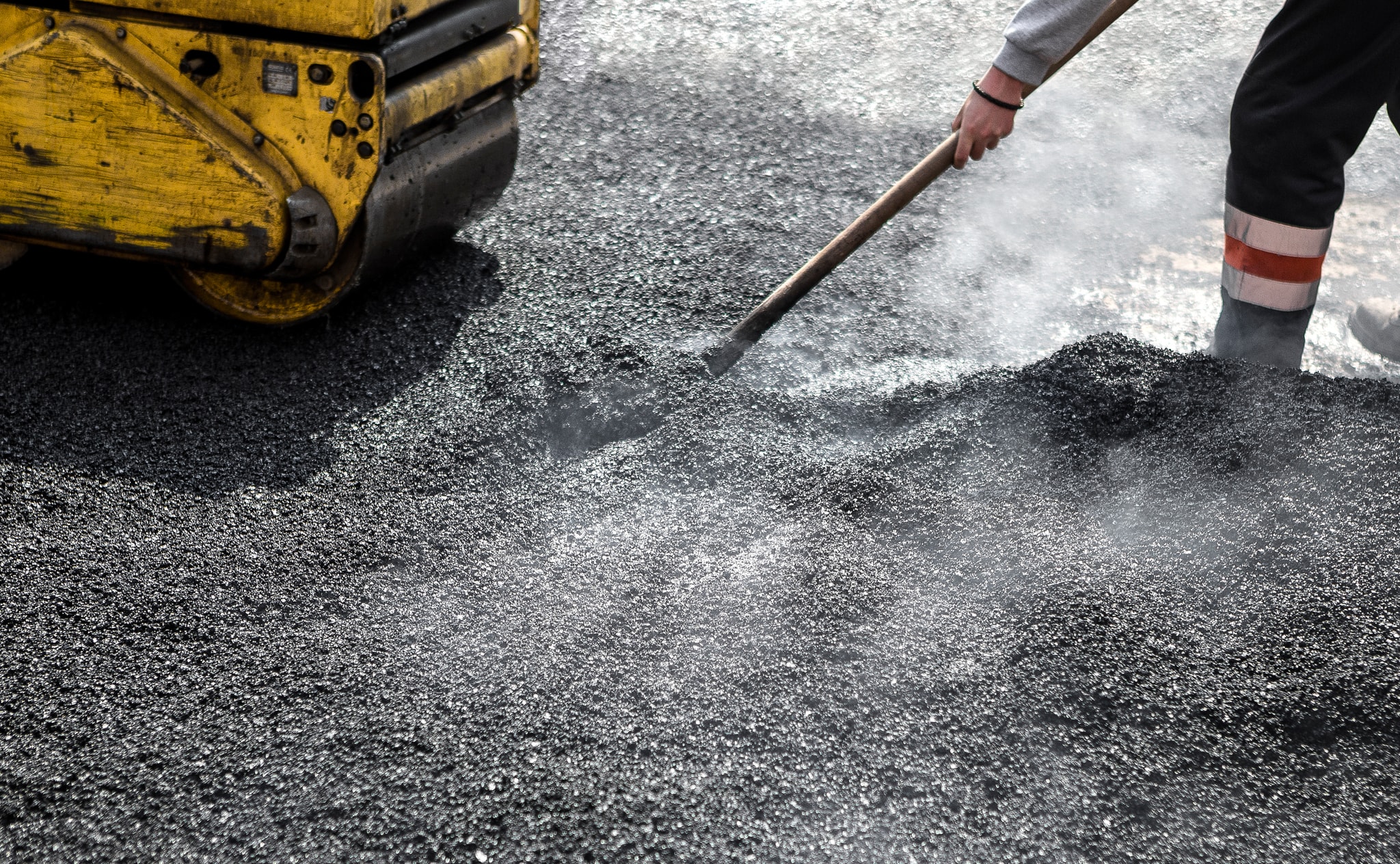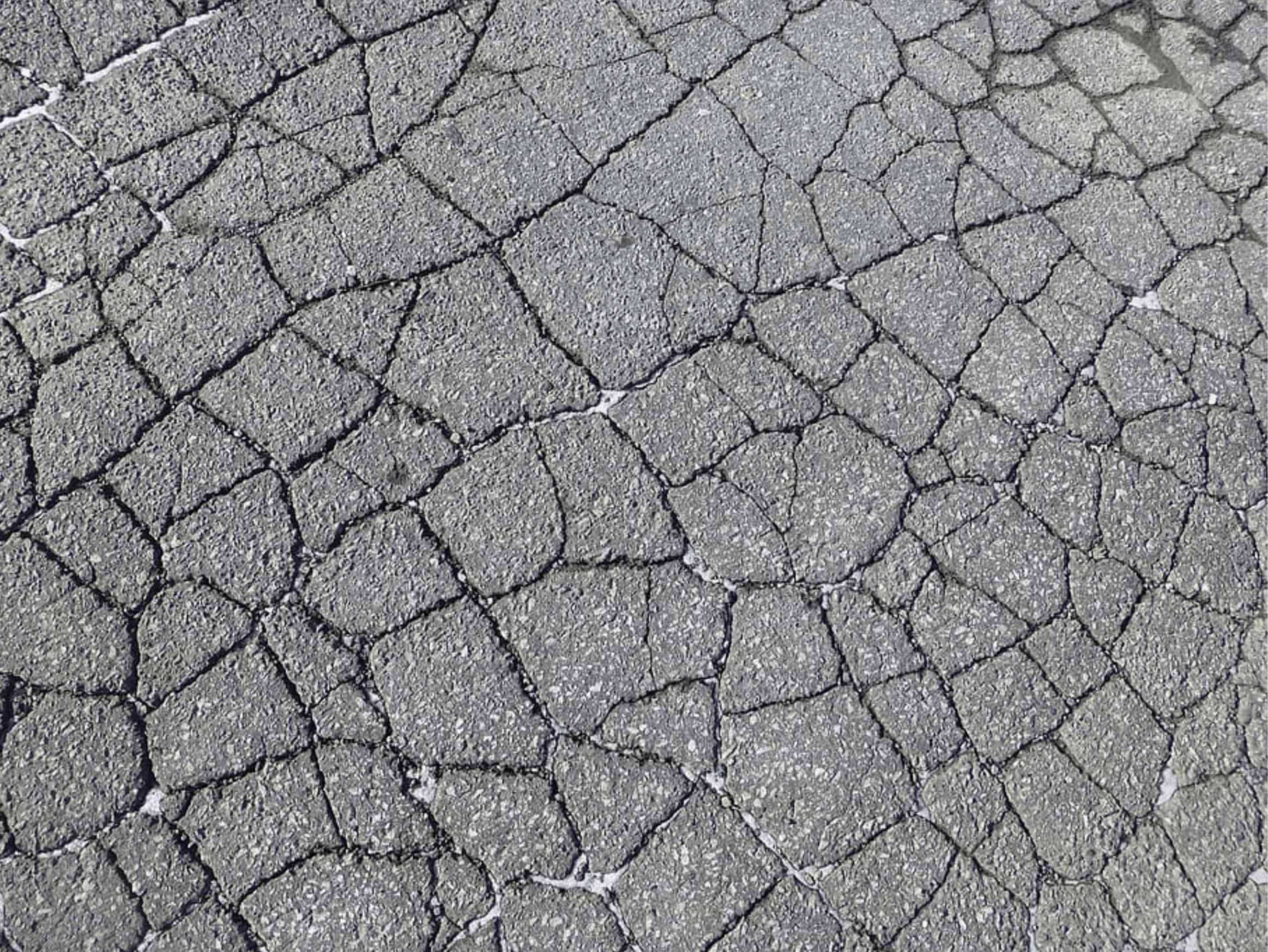Hot Mix Asphalt Paving: The Ultimate Option for Industrial Parking Lot Restorations
Exploring the Ecological Benefits of Hot Mix Asphalt
The application of Warm Mix Asphalt in framework tasks offers a compelling situation for lasting development and ecological stewardship. By delving right into the complex details of its manufacturing processes and the ingenious usage of recycled products, a deeper understanding emerges of how this technology goes beyond plain surface applications. The ecological benefits of Hot Mix Asphalt expand far beyond first impressions, offering a nuanced perspective on exactly how this material can lead the way for a greener future.

Reduced Greenhouse Gas Emissions
Warm Mix Asphalt production offers a substantial reduction in greenhouse gas exhausts compared to various other pavement materials. The manufacturing process of Warm Mix Asphalt involves warming the blend of aggregate and asphalt binder to heats. This process calls for much less power compared to the manufacturing of alternative pavement products, resulting in reduced greenhouse gas emissions. Furthermore, making use of recycled products in Hot Mix Asphalt further adds to lowering its environmental impact. By including reclaimed asphalt sidewalk and recycled asphalt roof shingles into the mix, the requirement for virgin products is minimized, resulting in power savings and lowered emissions connected with removal and processing.
Studies have actually revealed that Hot Mix Asphalt pavements have a smaller carbon impact over their life process contrasted to other pavement options. The durability and recyclability of Warm Mix Asphalt better enhance its environmental advantages by reducing the demand for frequent maintenance or substitute, consequently preserving resources and lessening emissions related to repair activities.
Power Efficiency and Preservation
The production process of Warm Mix Asphalt not only minimizes greenhouse gas discharges however additionally adds dramatically to power performance and preservation initiatives. Energy effectiveness is an essential advantage of Hot Mix Asphalt production contrasted to other pavement types. The resilience of Hot Mix Asphalt reduces the regularity of maintenance and restoration, leading to long-term energy financial savings.
Sustainable Sidewalk Solutions

One key aspect of sustainable pavement services is making use of recycled products such as redeemed asphalt sidewalk (RAP) and recycled asphalt tiles (RAS) By incorporating these materials into the asphalt blends, the need for virgin resources is reduced, resulting in lower power intake and greenhouse gas emissions during manufacturing. In addition, the reuse of these products aids divert waste from landfills, adding to a more circular this post and sustainable economic situation.
Furthermore, lasting sidewalk services concentrate on optimizing sidewalk layout to improve efficiency and long life. Techniques such as cozy mix asphalt (WMA) and stone mastic asphalt (SMA) improve the toughness and resilience of sidewalks, lowering the need for regular fixings and substitutes. By implementing these ingenious approaches, infrastructure developers can create sidewalks that not just meet high-performance standards however additionally minimize their environmental footprint.
Minimized Environmental Impact
With a concentrate on sustainability and eco-conscious methods, pavement solutions are developed to minimize the environmental impact of building and upkeep procedures. Hot mix asphalt, in certain, uses a number of benefits that add to decreasing the general environmental impact of roadway infrastructure. One vital element is the recyclability of asphalt, which can be reused several times without jeopardizing its top quality. This particular assists in conserving natural deposits and lowering the amount of waste sent to land fills.
Moreover, the production of hot mix asphalt produces reduced levels of greenhouse gases compared to other pavement materials, making it a much more eco-friendly choice. The power effectiveness of asphalt plants has additionally improved for many years, causing decreased gas intake and lower emissions. Furthermore, the smooth surface area of hot mix asphalt decreases rolling resistance for vehicles, resulting in lower fuel intake and decreased air contamination from car exhausts.
Payment to Climate Adjustment Mitigation
Warm mix asphalt plays a crucial role in mitigating environment adjustment through its lasting residential properties and reduced ecological effect. One considerable contribution to climate adjustment reduction comes from the power efficiency of warm mix asphalt production. Compared to various other sidewalk choices, the manufacturing process for warm mix asphalt consumes less power navigate to this website and sends out lower degrees of greenhouse gases, therefore reducing its overall carbon impact.
Moreover, hot mix asphalt's capability to mirror sunlight, called albedo, assists in reducing metropolitan warm island impacts. By lessening heat absorption and retention, hot mix asphalt pavements can decrease the demand for cooling in urban locations, as a result lowering greenhouse gas discharges connected with power usage for cooling objectives.
Additionally, the longevity and recyclability of warm mix asphalt even more enhance its climate change reduction capabilities. Regrading. The long lifespan of asphalt pavements decreases the demand for frequent repair work or replacements, ultimately reducing the carbon exhausts linked to roadway upkeep activities. Additionally, the recyclability of asphalt materials lessens the need for virgin sources and lowers the ecological impact of pavement building, aligning with lasting methods for environment change mitigation.
Conclusion
To conclude, the ecological benefits of Warm Mix Asphalt demonstrate its significant contribution to reducing greenhouse gas discharges, saving energy, and lessening environmental influence. This lasting sidewalk remedy aligns with climate adjustment mitigation initiatives, promotes source preservation, and improves infrastructure development. By making use of recycled products, energy-efficient production processes, and long lasting style, Warm Mix Asphalt plays an important duty in cultivating a more eco-friendly technique to infrastructure construction.
The manufacturing procedure of Warm Mix Asphalt entails heating the mix of accumulation and asphalt binder to high temperature levels. By integrating investigate this site recovered asphalt sidewalk and recycled asphalt shingles right into the mix, the requirement for virgin materials is lowered, leading to power financial savings and reduced exhausts connected with extraction and handling.
One key aspect of sustainable sidewalk solutions is the use of recycled materials such as recovered asphalt pavement (RAP) and recycled asphalt tiles (RAS) Techniques such as cozy mix asphalt (WMA) and rock mastic asphalt (SMA) boost the sturdiness and strength of pavements, decreasing the requirement for frequent repair work and substitutes. Compared to other pavement choices, the production procedure for warm mix asphalt takes in much less power and discharges reduced levels of greenhouse gases, therefore minimizing its total carbon impact.